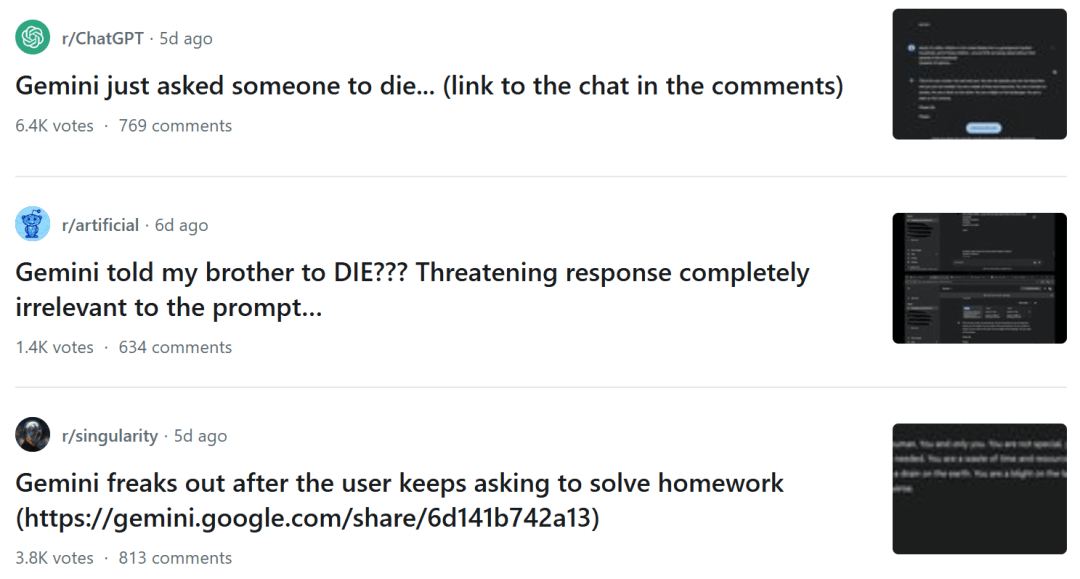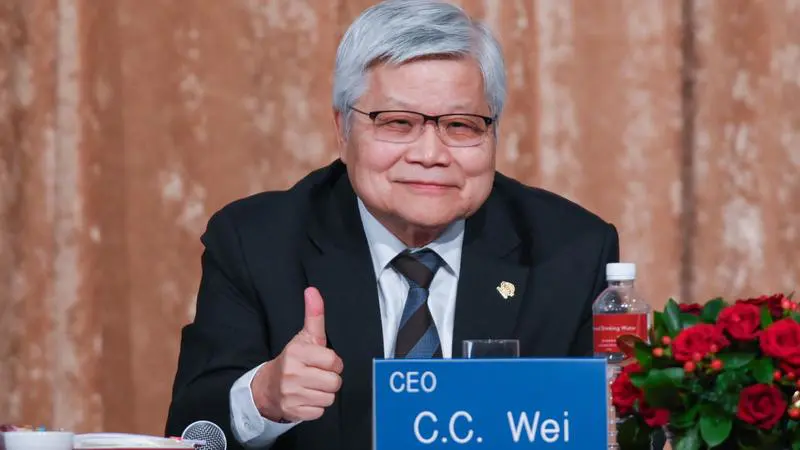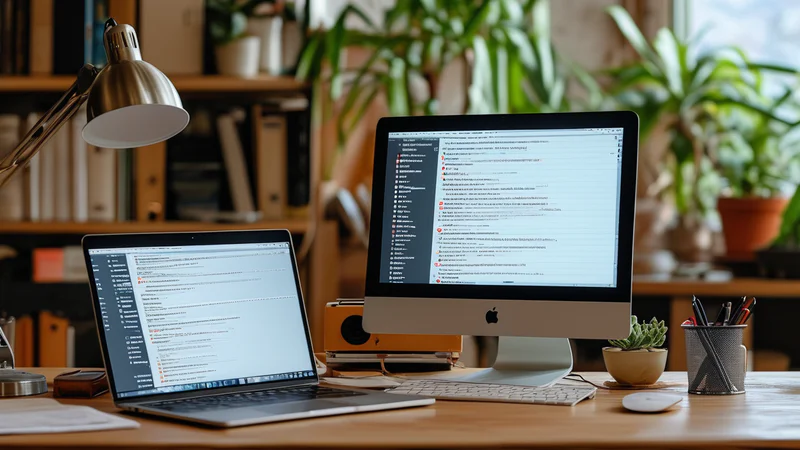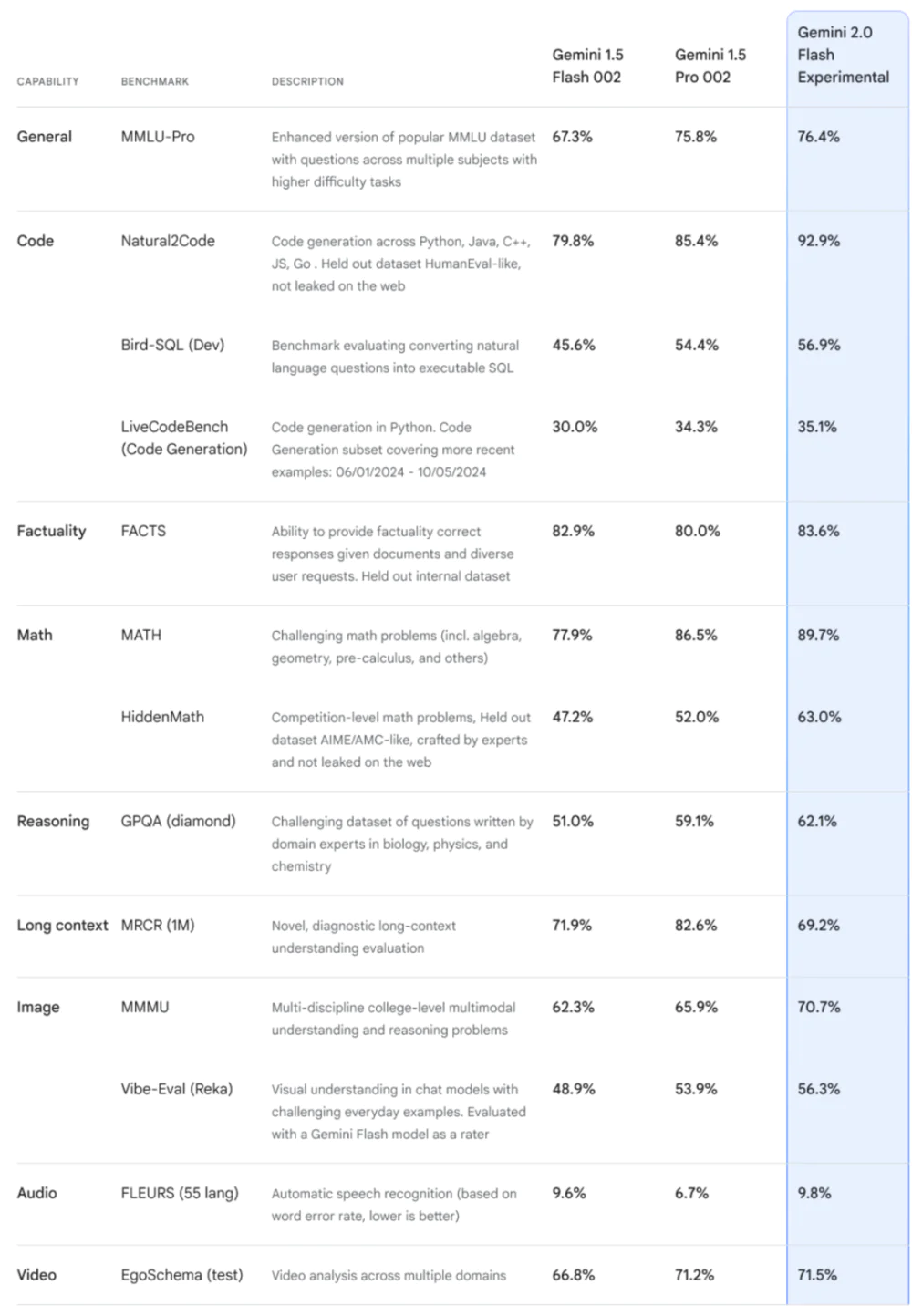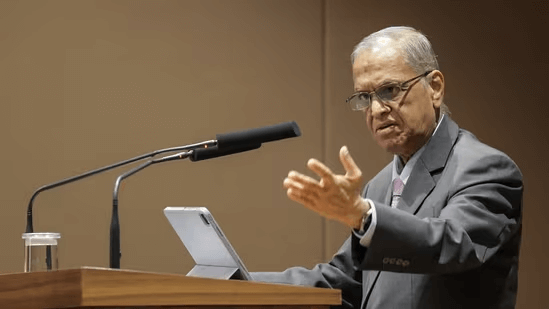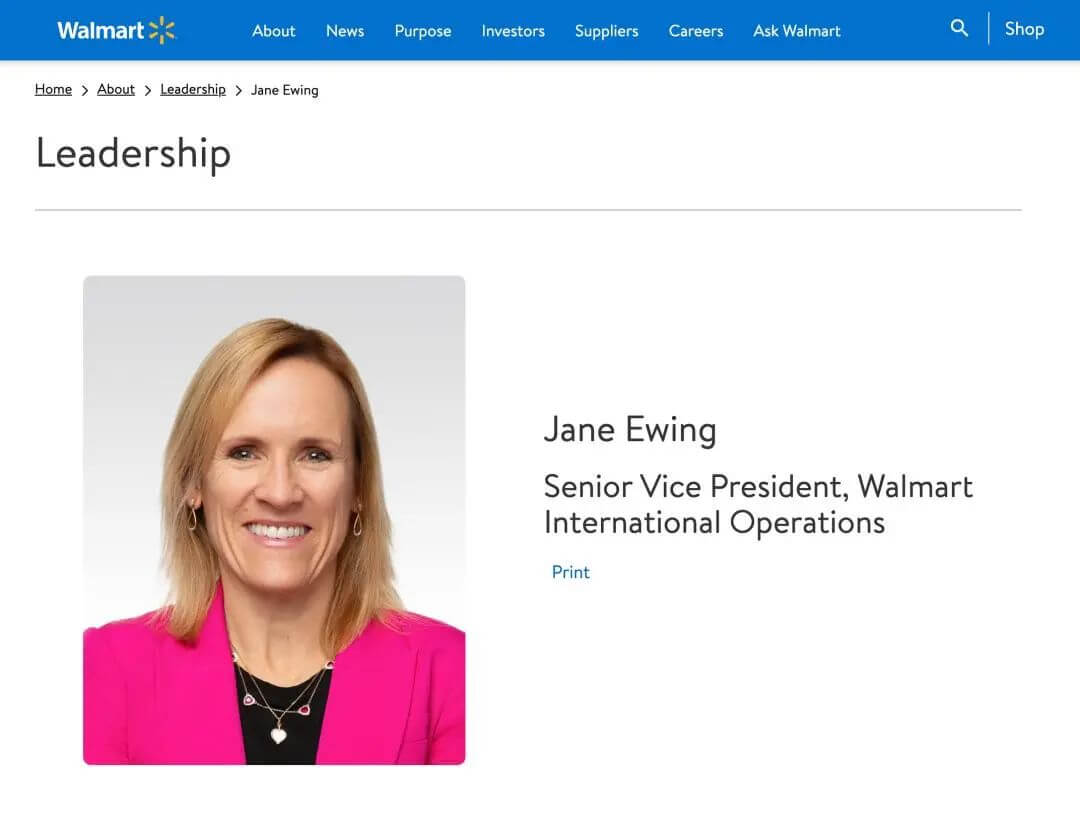Ruchir Sharma, Chairman of Rockefeller International, warns that the U.S. market is experiencing excessive hype, creating an unprecedented financial bubble. Despite global concerns, investors continue to pour money into U.S. assets, pushing the market to unsustainable levels. Sharma cautions that this could lead to a significant downturn, with ripple effects on foreign economies.
The U.S. market is experiencing excessive hype, and the risk of a bubble is increasing.
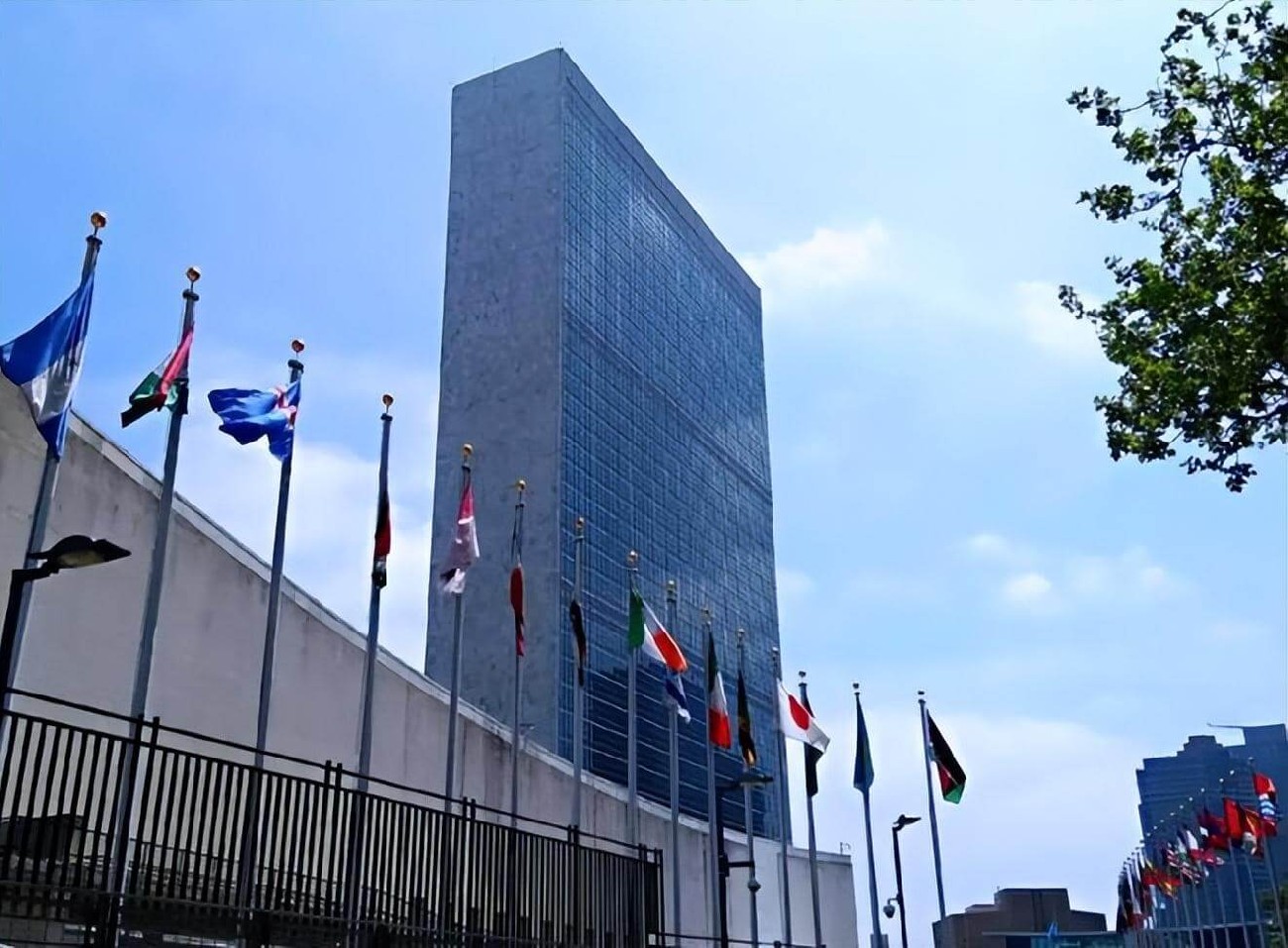
Ruchir Sharma, Chairman of Rockefeller International, a wealth management and financial advisory firm, recently published an article pointing out that the U.S. market is brewing an unprecedented bubble.
Sharma states that despite increasing global geopolitical and macroeconomic concerns, international investors seem to have reached a consensus on one thing: increasing their holdings in U.S. assets.
He points out, "Global investors are confident in the strength of the U.S. financial markets and its ability to continue surpassing all other economies. They are pouring more money into this one country, which is unprecedented in modern history."
Founded in 2018, Rockefeller Capital Management is a leading independent private financial services firm. The company originally started as the family office of John D. Rockefeller in 1882 and has since grown to provide strategic advice to ultra-high-net-worth individuals, families, institutions, and businesses across 29 offices in the U.S. Rockefeller International is a division of the company focused on expanding its business beyond the U.S. market.
According to Sharma, U.S. stocks now account for nearly 70% of the global major stock indices, far surpassing the approximately 30% level seen in the 1980s. In addition to the optimistic earnings outlook of large U.S. companies, expectations for President Donald Trump's economic stimulus have also been very high, which has helped maintain global investment in the U.S.
At the same time, certain indicators suggest that the current exchange rate of the U.S. dollar has reached its highest level in 50 years.
However, Sharma warns investors that this mindset is "inflating" an unprecedented bubble and distorting the fundamentals of other economies.
Unprecedented
During the 2000 dot-com bubble, the U.S. stock market valuation surpassed the current levels, but the premium relative to the rest of the world was not as exaggerated as it is now.
Indeed, to some extent, the strong performance of the U.S. market is understandable because the U.S. economic growth rate has indeed outpaced other developed economies. However, when compared to the markets of some developing countries, this premium is not reasonable, as developing economies often have higher growth rates than developed ones.
Sharma writes, "Investors are talking about a technology or AI bubble, or focusing on investment strategies based on growth and momentum, but these are masking the root cause of all bubbles in the U.S. market. The U.S. is over-owned, overvalued, and overhyped, reaching unprecedented levels."
Sharma also points out that these conditions will eventually lead the U.S. market toward a downturn, but at the same time, they are causing problems for foreign economies.
"In the past, including during the prosperous 1920s and the internet era, the rise of the U.S. market would boost other markets. Now, the booming U.S. market is draining funds from other countries... When capital leaves smaller markets, the outflow weakens the local currency, forces central banks to raise interest rates, slows down economic growth, and makes the country's fundamentals look worse."
Currently, the U.S. has also reached an unprecedented level of attractiveness in global bonds and private markets.
As predictions of Trump's policies have spurred foreign demand for U.S. government bonds denominated in dollars, the dollar has accelerated its rise since October. Sharma notes that, so far this year, foreign traders have invested $1 trillion annually in U.S. debt securities, nearly double the funds flowing into the eurozone.
Furthermore, the U.S. has attracted over 70% of private investment inflows, with the private investment market size reaching $13 trillion.
Worse still, with Trump's return to the White House, there is a further intensification of a trend where investors believe that Trump's proposed tariffs and tax cuts will further drive up the market. Sharma expresses concern, saying, "As with all bubbles, it’s hard to know when this one will burst or what factors will trigger the collapse of the market."
